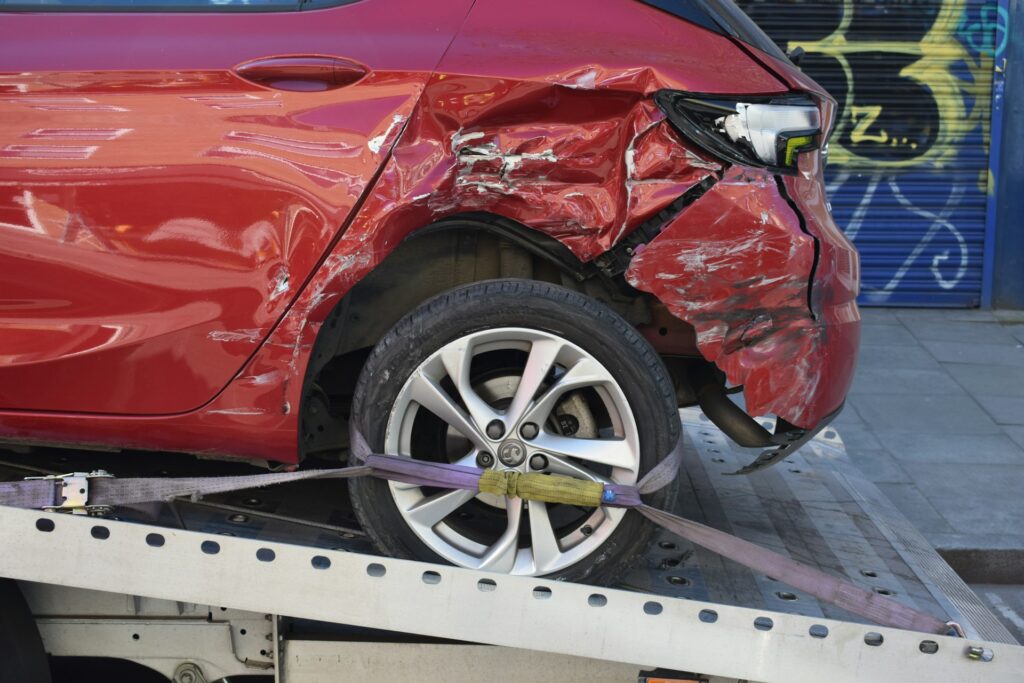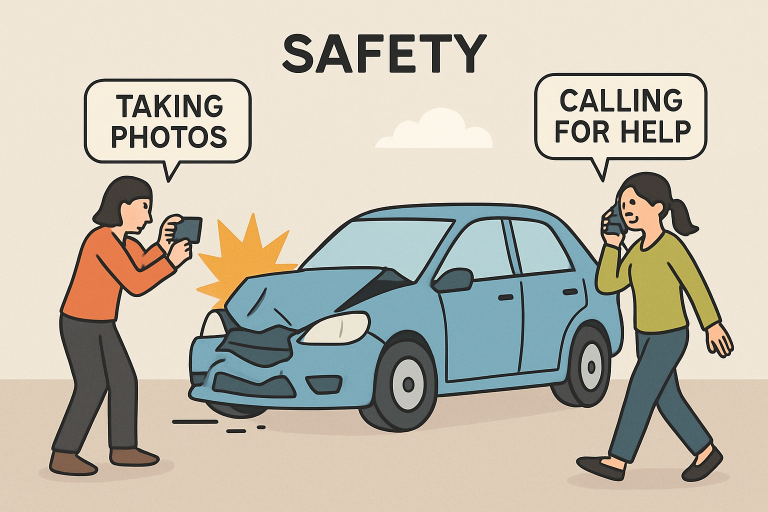
Being involved in a personal injury accident is a stressful and confusing experience. Having a clear idea of what actions to take in the aftermath can help protect both your health and your ability to recover compensation. If you or a loved one is affected, it’s crucial to understand how every step you take after the incident could influence your well-being and potential legal case. Consulting a personal injury lawyer Hernando County, FL, early can be vital, especially when you are unsure of your rights or next steps. Accidents come in many forms—from car collisions to slip-and-fall incidents—and knowing what to do immediately after can make a significant difference. Following best practices not only speeds up your recovery but also preserves critical evidence that can support your claim. By staying calm and taking proactive measures, you secure the foundation for both your physical and legal recovery.
Ensure Immediate Safety
Your priority after any personal injury accident should always be safety. Quickly evaluate the scene for any ongoing dangers. On a busy road, for example, moving your car out of traffic—if you are able—protects you and others from further harm. In cases where moving is not safe or possible, remain still and wait for emergency personnel. Prioritizing safety prevents secondary accidents and injuries for everyone involved.
Seek Medical Attention
It is common to feel fine after an accident due to adrenaline or shock, but this does not mean you are uninjured. Internal injuries and concussions may not show symptoms for hours or days, making a prompt medical check crucial. Immediate evaluation by a healthcare professional documents your condition, which can be invaluable if you need to pursue a personal injury claim or if complications arise later. Delayed medical treatment can also give insurance companies grounds to minimize your claim.
Document the Scene
Thoroughly documenting the accident scene is crucial for both your insurance company and any subsequent legal action. Using your smartphone or camera, photograph vehicle positions, property damage, road conditions, injuries, license plates, and surrounding signage. Write down what happened while the details are fresh in your mind. If witnesses were present, gather their contact information as their accounts can provide unbiased support for your version of events. For additional help, check resources from WebMD on first aid and injury management.
Report the Incident
Depending on the nature of the accident, you may need to notify the police, property owner, or another relevant authority right away. Filing a police report establishes an official record of what took place, which insurance companies and courts rely on. If the accident happened at work or in a commercial space, ensure proper workplace or property incident reports are completed as well. Ensure you obtain copies of any reports filed for your insurance and legal records.

Consult a Personal Injury Attorney
Understanding your rights can be complicated, particularly when dealing with insurance companies or other parties’ legal teams. Consulting with a knowledgeable personal injury attorney provides you with an advocate to fight for fair compensation and handle communications. Attorneys can help determine the best course of action, gather evidence, and protect you from common pitfalls. They will also be familiar with local laws specific to your region and the type of accident that occurred.
Avoid Admitting Fault
In the aftermath of an accident, be mindful of what you say at the scene, to witnesses, authorities, or insurance representatives. Even casual apologies or guesses about what happened can be used against you as admissions of liability. Stick to clear, factual explanations and avoid speculation. Wait until all facts are reviewed before making official statements on the cause of the accident.
Limit Social Media Activity
Refrain from sharing accident details, photos, or discussions about your injuries on social media platforms. Insurance adjusters and opposing attorneys often monitor claimants’ online activity and could use posts to cast doubt on your claim or diminish the severity of your injuries. Keep your online presence limited to avoid jeopardizing your case until the matter is resolved.
Keep Detailed Records
Organized, thorough records are crucial for navigating the insurance and legal process after an accident. Save all medical bills, receipts for out-of-pocket expenses, repair invoices, and copies of correspondence with insurers or other parties. Creating a dedicated folder or digital archive ensures you have everything you need to support your claim or pursue fair compensation. These records also help your attorney build the best case possible in your favor.
Taking these steps after a personal injury accident protects your overall health, ensures no critical evidence is lost, and positions you for the best possible outcome—whether with the insurance company or in court. By remaining calm and methodical in the aftermath, you increase your ability to focus on healing and recovery, knowing your rights are protected throughout the process.






